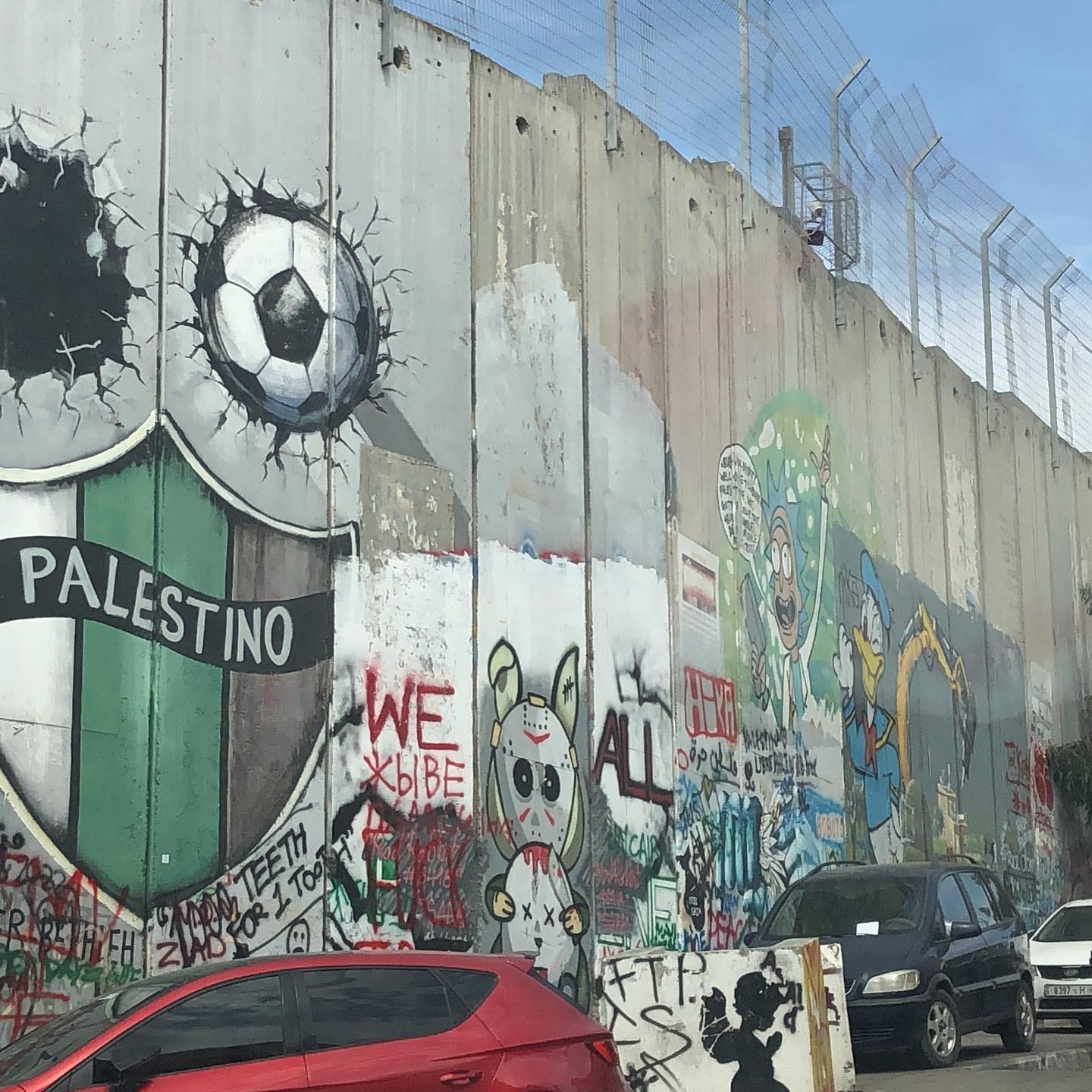Living in Prayer and Hope
When I started my Ph.D. program in theology in 1995, there were many flyers for a trip to Palestine and Israel. I would walk around campus and see the numerous flyers on bulletin boards, hallways and classroom doors. But the price of the trip was too steep for my student budget. Thus I only dreamed and longed to travel to the Holy Land one day.
In 2016, …
Keep reading with a 7-day free trial
Subscribe to Loving Life to keep reading this post and get 7 days of free access to the full post archives.


